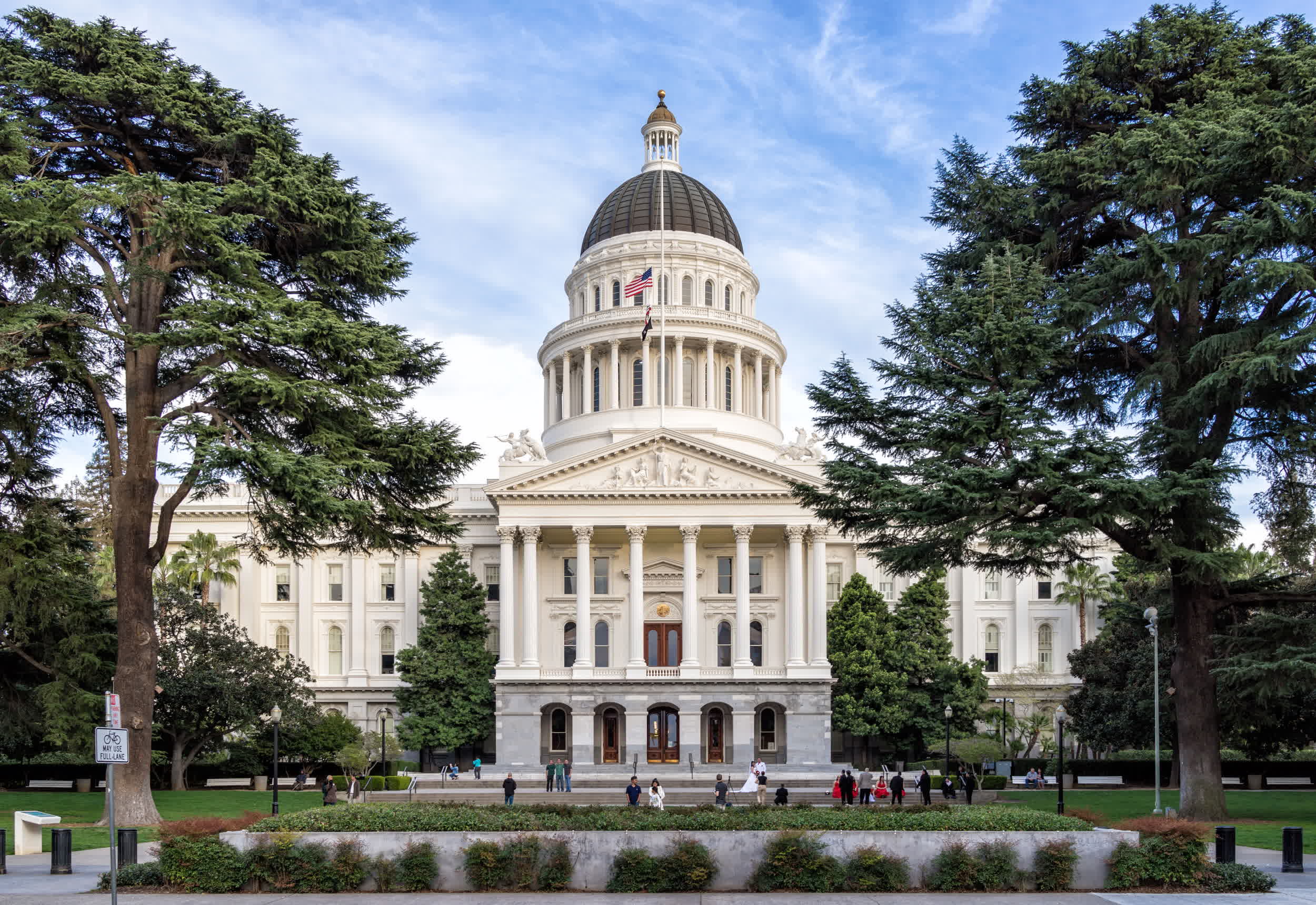What just happened? A newly approved bill will make life easier for Californian consumers wanting their data removed from online databases. Proponents of the bill are saying that deletion rights are now a "vital necessity," while lawyers and advertisers are depicting a decaying, byzantine Californian digital world.

On September 14, the final day of the 2023 legislative session, the California Senate finally passed Senate Bill 362. Also known as the "Delete Act," the new law is designed to provide consumers in the most populous US state a new right to privacy against the commercial interests of data brokers. The bill will now need to be signed into law by Governor Gavin Newsom, who has until October 14 to comply.
According to Ashkan Soltani, executive director of the California Privacy Protection Agency (CPPA), Newsom is expected to sign the bill in due time. The Delete Act establishes a new "accessible deletion mechanism," which will make deleting consumer information collected by data brokers much easier and faster.
Under the new law, the CPPA will be tasked with developing a new system by 2026. The system will give California residents the ability to make a single data deletion request against all the 500 data brokers officially operating in the state. CPPA will also need to enforce the law, ensuring that the brokers will actually delete a customer's personal information every 45 days after receiving a "verified" deletion request.

Democratic senator Josh Becker, who first introduced the Delete Act in California Senate, previously said that the bill would close a loophole within the California Consumer Privacy Act. Before the Delete Act, consumers had to contact every single data broker if they wished for their data to be erased. The Delete Act is based on a very simple premise, Becker said: "Every Californian should be able to control who has access to their personal information and what they can do with it."
Data brokers spend "their days and nights" building dossiers with millions of people's data about reproductive healthcare, geolocation, and more, Becker stated, even purchasing data so they can later "sell it to the highest bidder." Tom Kemp, who advised lawmakers in drafting the bill and is an investor in multiple data deletion companies, said that in "post-abortion rights America" the selling of "very sensitive data" such as reproductive healthcare or precise geolocation has made things "intolerable for many people."
Opponents of the Delete Act include representatives from Kelley Drye & Warren Partner. The law firm highlighted how the bill would make things much more complicated for companies, who need to invest money to comply with these new laws. Advertisers are fuming, with executives from the Association of National Advertisers (ANA) talking about a scheme conceived to "enrich pay-to-play deletion" services.
The Delete Act will encourage the mass deletion of data that is "the lifeblood of California's digital economy," ANA's executive VP Chris Oswald stated, and the bill also includes "glaring and dramatic failures." Without a "robust data marketplace," the advertisers said, Californians will fall victim to more fraud and identity theft because "their identities can't be verified."
https://www.techspot.com/news/100180-california-delete-act-make-erasing-consumers-data-easier.html